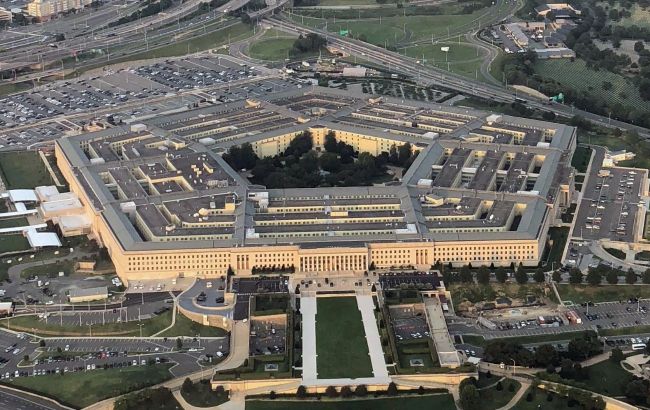U.S. has a lack of necessary means to increase capacities in the Middle East
 The United States lacks the means to increase capacities in the Middle East (photo: wikimedia.org)
The United States lacks the means to increase capacities in the Middle East (photo: wikimedia.org)
The United States did not plan to move troops to the Middle East. Due to this, the country had to cut funding, according to Politico .
The Department of Defense ordered the deployment of an additional aircraft carrier strike group, missile defense systems, fighter jets, and hundreds of military personnel to the Middle East following unexpected terrorist attacks on Israel on October 7 to prevent the escalation of the conflict into a regional war.
Temporary funding for the federal government, which freezes expenditures at the previous year's level, also extends to military spending. Since the troop movement to the Middle East was not planned, the Pentagon had to reallocate funds from other programs, said Chris Sherwood, a representative of the U.S. Department of Defense.
Due to a lack of funding, the Department of Defense had to cut expenses on training, education, and deployments planned for this year. In some cases, this may result in delays in contract payments, said Chris Sherwood, a representative of the U.S. Department of Defense.
"Current events have revised some operational assumptions used to develop the FY 2024 President’s Budget request. Specifically, neither the base budget request nor the FY 2024 supplemental request included funding for U.S. operations related to Israel," he said.
"We’re taking it out of hide," Sherwood added.
Pentagon leaders have repeatedly stated that temporary funding measures negatively impact the readiness of the U.S. military. Under temporary measures, the department cannot initiate new programs or allocate funds beyond the previous year's level.
According to assessments by Hicks, the consequences of the Pentagon maintaining temporary measures essentially mean that the department will have to cut expenses by $35 billion.
If lawmakers fail to pass a full-year spending bill by February 2, when the current continuing resolution expires, the Pentagon and other federal agencies will be forced to cut spending by 1 percent.
Aid from U.S. to Israel
Earlier, we reported that without public announcement, the Pentagon increased military aid shipments to Israel, with aid arriving almost daily.
On October 20, U.S. President Joe Biden requested additional financial assistance for Israel and Ukraine from Congress, totaling $105 billion.
In late October, the U.S. transferred tens of thousands of 155mm artillery shells to Israel, which were initially promised to Ukraine.
We previously mentioned that the U.S. Senate plans to vote on aid for Ukraine and Israel on December 4.

